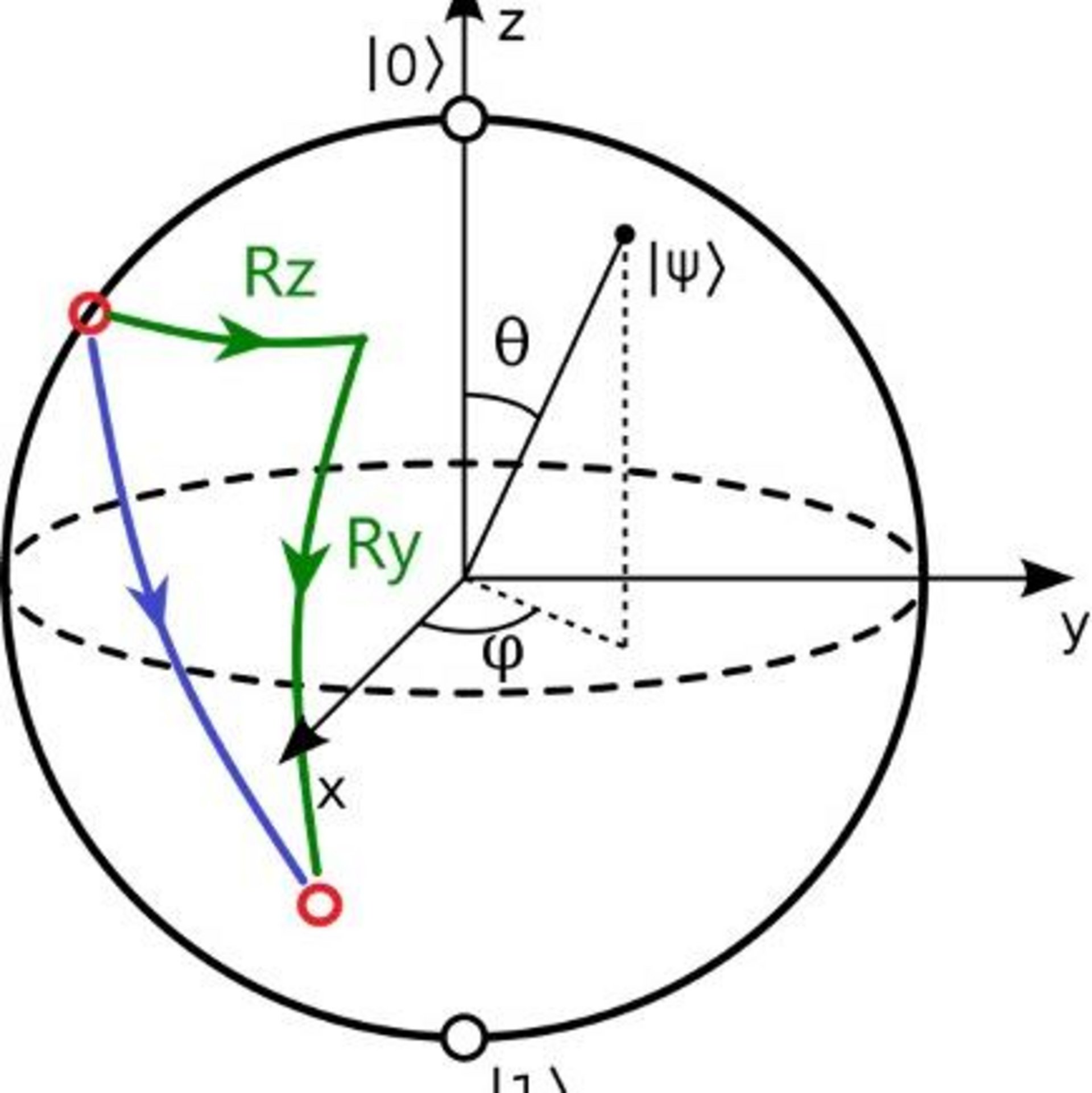Rydberg Atom Quantum Computing and Simulation
Quantum computers are currently in the noisy intermediate scale quantum (NISQ) era, where noise and decoherence are still a major challenge for quantum computing platforms, and which also limits the scale of the machines that can be built. However, a combination of hardware-dependent optimization, hybridization with classical computing and clever algorithms can demonstrate quantum advantage for specific tasks. We develop a scalable platform along these principles, based on ultracold Rydberg atoms in optical tweezers.
The Rydberg atom platform is a development platform both for technology and for applications, and it will be available for the Dutch quantum ecosystem and beyond, via the Quantum Inspire facility, accessible 24/7 online. This project brings different areas of expertise together: the knowledge of fundamental atomic physics on interacting atoms, the development of hardware-specific hybrid quantum-classical algorithms, the experimental knowledge of laser cooling and quantum gases, and the engineering of all components to a full stack cloud-based quantum computer.
Duration
July 2020 - December 2025Project Manager

The qubits in our platform are based on ultracold (Rydberg) atoms. With optical tweezers these atoms will be hold in a lattice configuration with good optical access, controllability and readout. Our lab contains an operational atomic Rubidium quantum computing testbed, and we are constructing a cloud-based quantum computing facility based on Strontium atoms. In both platforms, with the excitation to Rydberg states, strong nearest-neighbor coupling can be realised, giving rise to multi-qubit entanglement. These Ryberg platforms are very suitable for the execution of specific tasks such as hybrid algorithms for quantum chemical problems.
Key Findings
For recent publications, see below. Our key findings involve both theory and experiment with a focus on VQE algorithms for quantum chemistry. We are working on a Srontium quantum computer facility and two testbeds; one with Rubidium at TU/e and one with Strontium at UvA.
Neutral Atom Kat-1 Collaboration
We are developing and constructing a full-stack pulse-based Rydberg atom quantum computing platform. At TU/e this work is being carried out in the Center for Quantum Materials and Technology (QT/e), and is part of Focus Area 1 in the Eindhoven Hendrik Casimir Institute, and of the KAT-1 program of Quantum Delta NL. We collaborate closely with the Ultracold Strontium lab at the UvA in Amsterdam and multiple groups within TU/e. We are part of the EuRyQa project (https://www.euryqa.eu/), where we collaborate with multiple companies and research groups to create an European Infrastructure for Rydberg Quantum Computing.
Our Neutral Atom Kat-1 Collaboration consists of the following members:
SrQC-Team at TU/e
• Rik van Herk
• Marijn Venderbosch
• Ricky Teunissen
• Jesus del Pozo Mellano
• Zhichao Guo
• Rianne Lous
• Edgar Vredenbregt
• Servaas Kokkelmans
Rb-Team at TU/e
• Deon Janse van Rensburg
• Swayangdipta Bera
• Shao Cheng Lin
• Jesus del Pozo Mellano
• Yuri van der Werf
• Rianne Lous
• Edgar Vredenbregt
• Servaas Kokkelmans
Theory-team at TU/e
• Jasper Postema
• Robert de Keijzer
• Madhav Mohan
• Raul Parcelas Resina dos Santos• Jasper van de Kraats
• Servaas Kokkelmans
Sr-Team at UvA (www.strontiumbec.com)
• Alex Urech
• Ivo Knottnerus
• Yu Chih Tseng
• Robert Spreeuw
• Florian Schreck
Collaborators
• Oliver Tse and Luke Visser (Optimal Control)
• Oded Raz (Photonic Integration)
• Aida Todri Sanial (Quantum Circuit Design)
• Guus Bertens and Richard Zoontjens (HPC integration)
• Ivana Nikoloska (QML)
• Alberto Ravagnani (QEC)
• SintAQS-lab (Novel QPUs)
• AND-group (Novel QPUs)
• TNO: Quantum Inspire (User Interface)
AcknowledgementsThis research is financially supported by the Dutch Ministry of Economic Affairs and Climate Policy (EZK), as part of the Quantum Delta NL program.This research is partially funded by the European Union through the HorizonEurope programme HORIZON-CL4-2021-digital-emerging-01-03 via the project10170144 (EuRyQa)
Project Related Publications
-
R.J.P.T. de Keijzer,V.E. Colussi,B. Škorić,S.J.J.M.F. Kokkelmans
Optimization of the variational quantum eigensolver for quantum chemistry applications
AVS Quantum Science (2022) -
Robert de Keijzer,Oliver Tse,Servaas Kokkelmans
Pulse based Variational Quantum Optimal Control for hybrid quantum computing
arXiv (2022) -
Stephanie Law,Servaas Kokkelmans
Materials for quantum technologies
Journal of Applied Physics (2021) -
Marcin Płodzień,Tomasz Sowiński,Servaas Kokkelmans
Simulating polaron biophysics with Rydberg atoms
Scientific Reports (2018) -
J. Sanders,M. Jonckheere,S.J.J.M.F. Kokkelmans
Sub-Poissonian statistics of jamming limits in ultracold Rydberg gases
Physical Review Letters (2015)